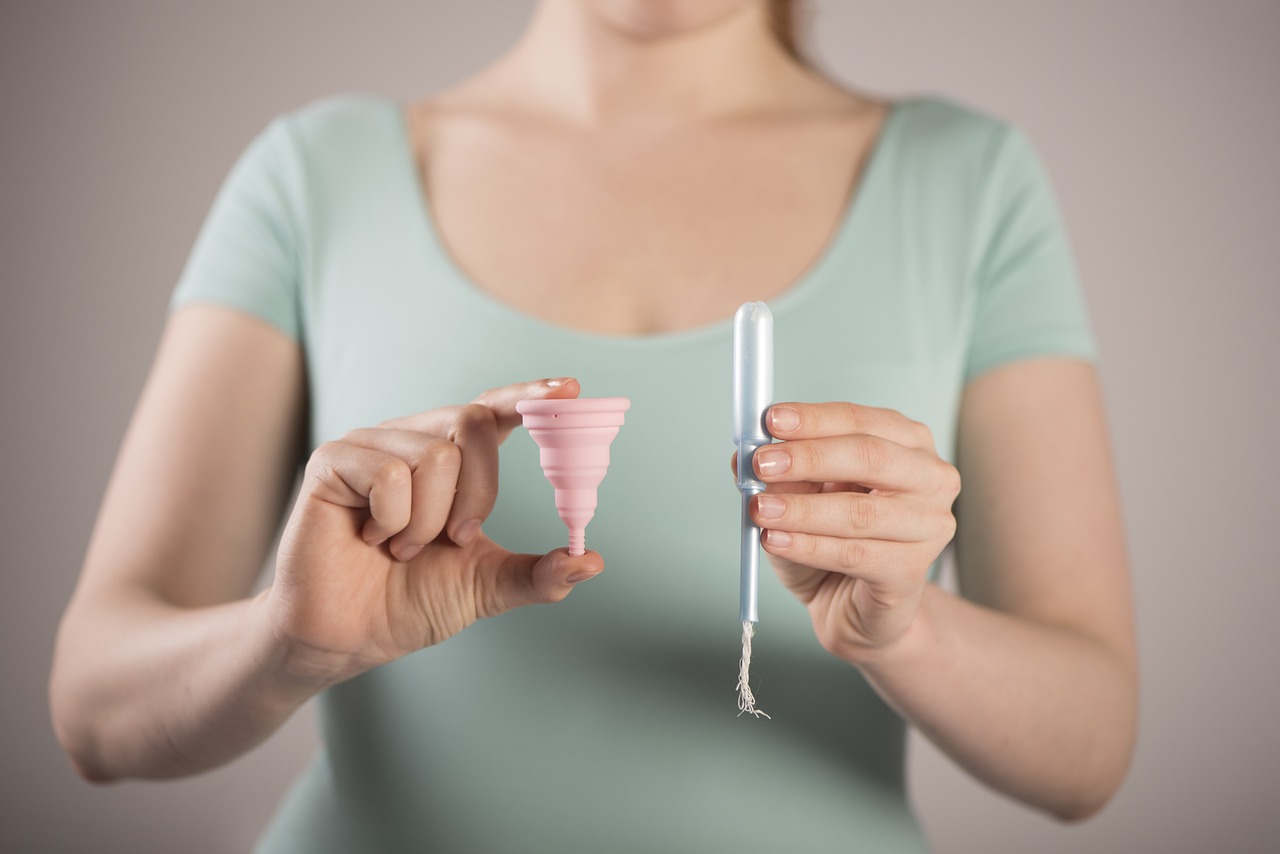Fighting Period Poverty in Spain
 Often, places that suffer from poverty also face period poverty issues. In Spain, two in 10 women reportedly suffer from period poverty. Fortunately, there are also people fighting against it, with Spain becoming the first European country to introduce menstrual leave at the beginning of 2023.
Often, places that suffer from poverty also face period poverty issues. In Spain, two in 10 women reportedly suffer from period poverty. Fortunately, there are also people fighting against it, with Spain becoming the first European country to introduce menstrual leave at the beginning of 2023.
What is Period Poverty?
Menstruation is stigmatized and most women have inadequate access to health and hygiene services during their periods. As a result, the term “period poverty” emerged to describe the lack of access to menstrual products, menstrual education and sanitation.
In What Ways Does Period Poverty Affect Women?
Period poverty can affect women in a variety of ways. Research shows that lack of access to affordable supplies has a negative impact on mental health. Similarly, women and girls face medical risks such as urinary and genital tract infections and toxic shock syndrome from wearing pads or tampons longer than the recommended time to cut expenses. Not having sufficient and appropriate means of access may further prevent people from attending school and engaging in the workforce as they fear leakage and public ridicule. In the long term, this can have a negative impact on the economic situation of women and girls.
How Does Spain Tackle Period Poverty?
Period poverty is not solely a phenomenon of the Global South. Women and girls in Spain report that up to 39.9% of them suffer from lifelong period poverty. To a large extent, period poverty in Spain particularly affects socioeconomically disadvantaged people, migrant groups and non-binary or trans-menstruating people. The Spanish government initiated a series of progressive legislative changes that are considered major steps in the fight against period poverty. In addition, several nongovernmental organizations are operating to bring the issue into the mainstream and advocate for women in precarious circumstances.
Tax Reduction
Previously, the Spanish government taxed menstrual products as “luxury goods” at a rate of 10%. As of September 2022, however, this has changed with a reduction in the tax rate to 4% and the renewed status of period products as “essential goods.” This change not only provides financial relief for women but also recognizes their needs. Though this tax cut is a decisive step toward ending period poverty in Spain, menstrual products are still not readily available for everyone.
Menstrual Leave Policy
In February 2023, Spain became the first European country to grant women the right to paid menstrual leave. In this way, the government addressed pain related to menstruation such as cramps, nausea or dizziness, which affects more than half of all menstruating women. Thus, with a medical certificate, they have the option of taking up to three days of paid leave, which can be extended to five days according to the severity of their pain.
NGO Power
The organization, Rezero, launched a project called “New Period” in Catalonia to fight period poverty in Spain. They pioneered the first network of menstruation-friendly toilets in the city of Barcelona with 100 contact points and additionally focused on the frequently neglected practice of including menstruation in the curriculum of Spanish schools. Moreover, Rezero prioritizes sustainability to the extent that its campaign promotes the purchase of reusable products through a directory of local and sustainable brands. Organizations such as Rezero ultimately show that menstrual equity is indeed possible.
Going Forward
Spain’s commitment to addressing period poverty paves the way for improved and more egalitarian living conditions for Spanish women and girls. While the achievements to date are important milestones, period poverty remains a complex problem. Moving forward, ongoing trends suggest that it is essential to achieve proficient levels of menstrual education and the free distribution of period products to ensure menstrual health in Spain.
– Miriam Schuller
Photo: Pixabay
